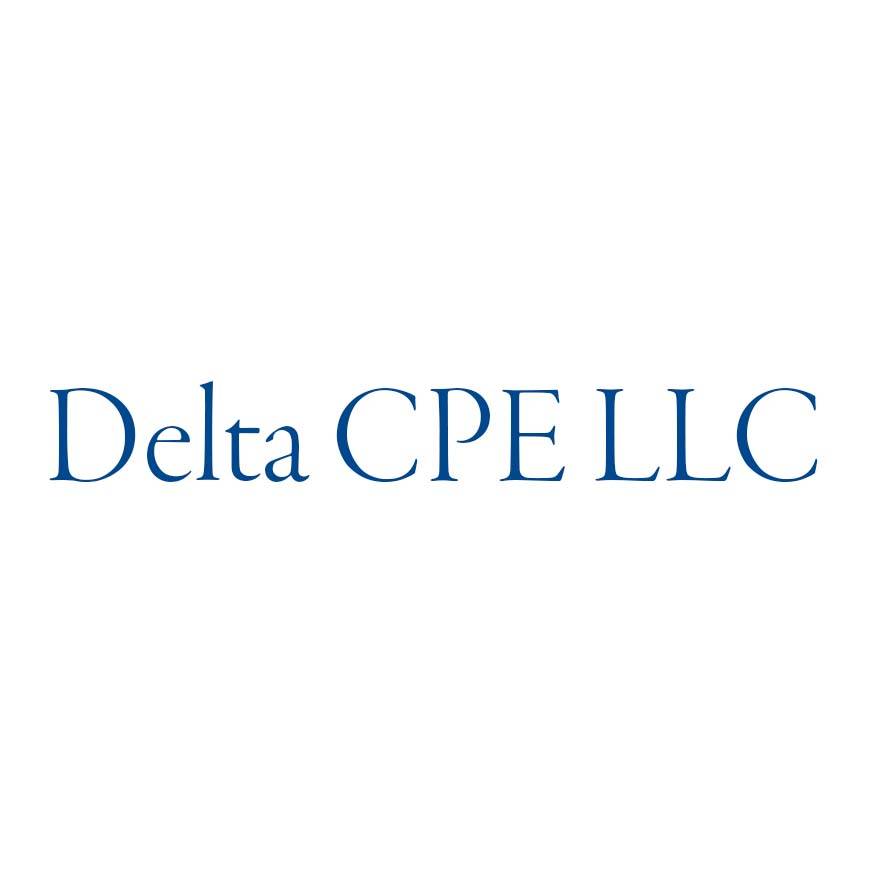Self-Study
Analyzing Cost Data for Management
Cost analysis methods for management including ABC, CBS, and break-even analysis. Improve your planning and decision-making skills while developing practical tools in Analyzing Cost Data for Management.

$261.00 – $291.00
Webcasts are available for viewing Monday – Saturday, 8am – 8pm ET.
Without FlexCast, you must start with enough time to finish. (1 Hr/Credit)
Please fill out the form below and we will reach out as soon as possible.
CPE Credits
9 Credits: Finance
Course Level
Overview
Format
Self-Study
Course Description
Analyzing Cost Data for Management covers the managerial use of accounting, financial, and operating data for planning, control, and decision making. The cost data analysis course is designed for managers and entrepreneurs who need hand-on knowledge and tools in processing, developing, and analyzing financial, cost, and business data for managerial use. Topics in this cost data analytics course include strategic cost management, analysis of costs; break-even and contribution analysis; cost behavior analysis; activity-based costing (ABC); responsibility accounting and corporate balanced scorecard (CBS); budget for profit planning; short-term decisions; capital budgeting.
Learning Objectives
Upon successful completion of this course, participants will be able to:
Chapter 1
- Recognize the concerns of management accounting;
- Recognize the function of management in planning, controlling and decision making, and the role of the financial management;
- Identify the some popular certificates that recognize the expertise in the fields of cost/managerial accounting and internal auditing;
- Identify examples of each of the basic cost elements involved in the manufacture of the product;
- Recognize various cost concepts, and differentiate between the traditional income statement and the contribution income statement;
- Recognize different approaches to costing such as job order costing and the objectives of a cost accounting system;
- Identify the benefits and disadvantages of different costing approaches;
- Recognize cost components used for activity-based costing (ABC);
- Recognize attributes tracked to in a value chain analysis;
- Recognize various contribution margin concepts;
- Identify several factors used to compute a cost-volume-profit analysis;
- Calculate break-even points and recognize ways to the reduce break-even point;
- Recognize the advantages and disadvantages of the classifying cost behaviors and types;
- Recognize methods for estimating the cost-volume formula;
- Recognize major steps in the preparation of a budget;
- Recognize how a financial modeling approach may be used in the planning process;
- Distinguish among three types of responsibility centers;
- Identify different types of variances for manufacturing costs and the managerial significance of these variances;
- Identify the different variance analysis techniques for factory overhead;
- Identify the primary differences between centralized and decentralized in performance evaluation;
- Recognize how ROI, RI (residual income), and EVA (economic value added) measurements affect the division’s investment decision;
- Recognize the basic features of the Corporate Balanced Scorecard;
- Identify the costs that are relevant for a particular decision;
- Recognize several concepts involved with the time value of money;
- Identify the types and special features of several capital budgeting techniques;
- Calculate internal rate of return; and
- Recognize how income tax factors affect investment decisions.
Course Specifics
3208043
November 15, 2022
There are no prerequisites
None
245
Compliance Information
CMA Notice: Western CPE makes every attempt to maintain our CMA CPE library, to ensure a course meets your continuing education requirements please visit Insitute of Management Accountants (IMA)
CFP Notice: Not all courses that qualify for CFP® credit are registered by Western CPE. If a course does not have a CFP registration number in the compliance section, the continuing education will need to be individually reported with the CFP Board. For more information on the reporting process, required documentation, processing fee, etc., contact the CFP Board. CFP Professionals must take each course in it’s entirety, the CFP Board DOES NOT accept partial credits for courses.
Meet The Experts

For many years, Delta CPE LLC has offered a wide variety of continuing education courses for financial professionals. Topics covered by Delta’s courses include accounting, financial management, budgeting, investments, financial statement reporting, business management, IFRS, ethics, valuations, real estate, and business writing. The diversity and breadth of Delta’s course offerings make the company a prolific and unique contributor to the CPE world. Delta’s well-credentialed authors and contributors have also been published in numerous academic and professional journals and quoted by some of the leading financial media outlets.
Related Courses
-
 Finance
Finance
The CFO Guidebook
Steven M. Bragg, CPA QAS Self-Study
Credits: 22 $440.00
QAS Self-Study
Credits: 22 $440.00$440.00 – $480.00
-
 Finance
Finance
Real Estate Financing and Investment
Delta CPE LLC QAS Self-Study
Credits: 4 $116.00
QAS Self-Study
Credits: 4 $116.00$116.00 – $136.00
-
 Finance
Finance
Personal Financial Planning for Accountants
Delta CPE LLC QAS Self-Study
Credits: 17 $391.00
QAS Self-Study
Credits: 17 $391.00$391.00 – $431.00
